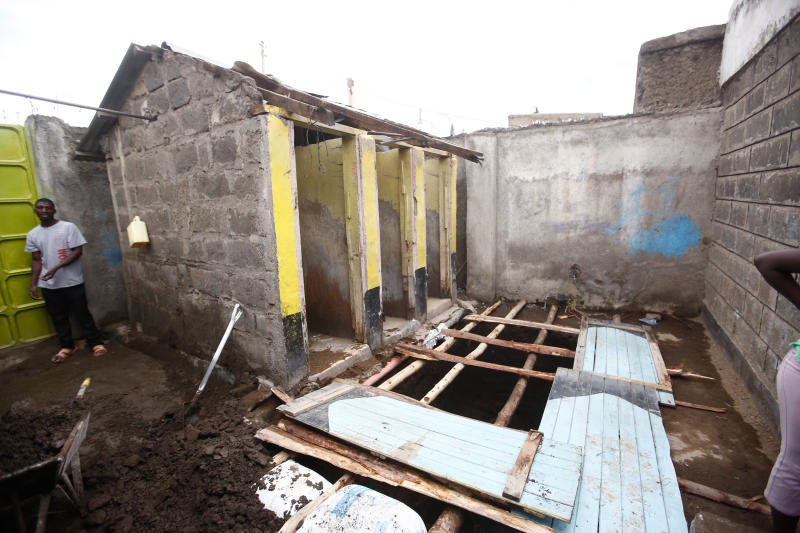×
The Standard e-Paper
Kenya’s Boldest Voice

Real estate owners and agents in Nakuru Municipality have fallen on hard times following the government’s measures to contain the coronavirus pandemic.
The resulting constraints on work and incomes has seen a number of tenants relocate to cheaper residences as they are unable to meet rent demands in houses they have occupied for decades.